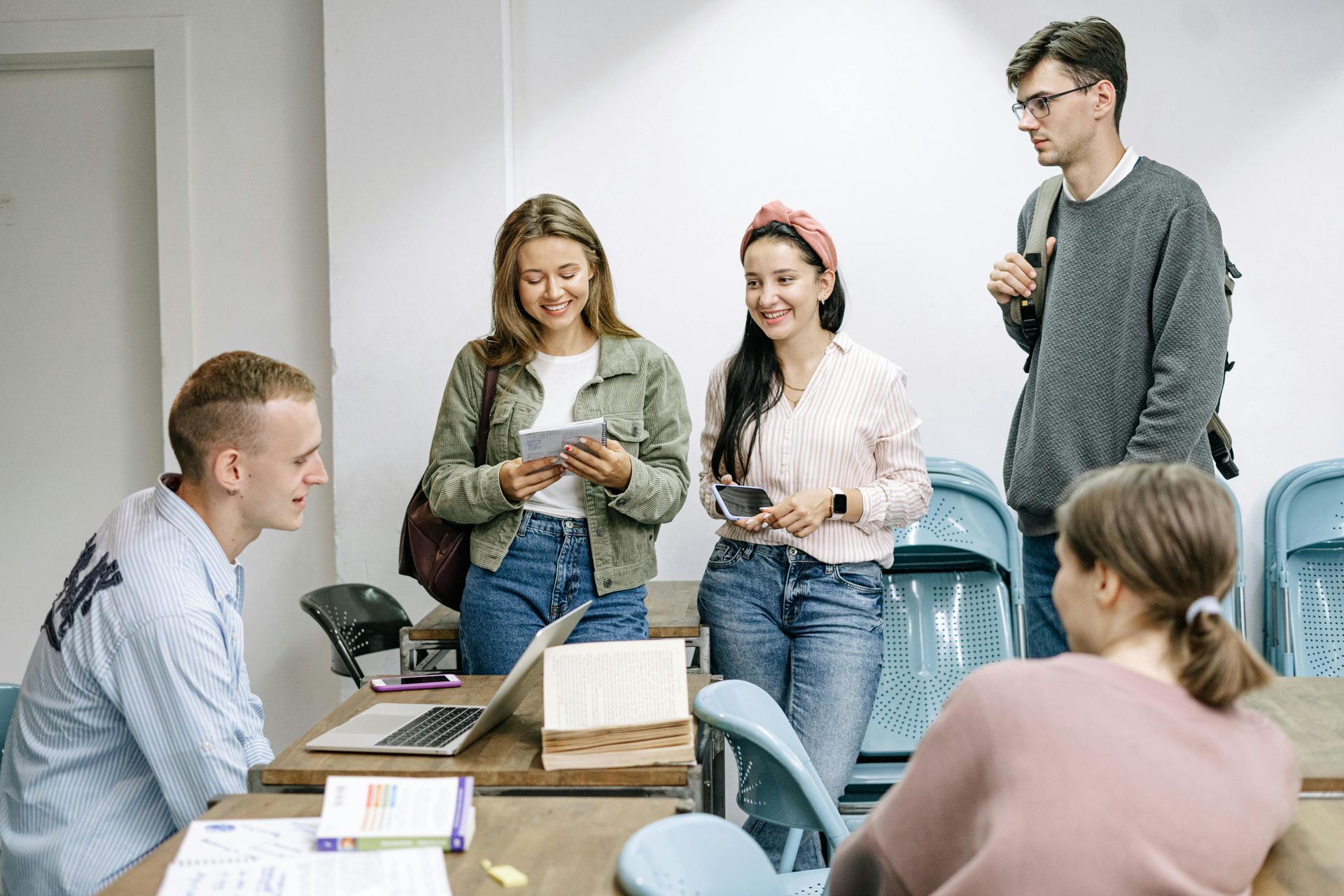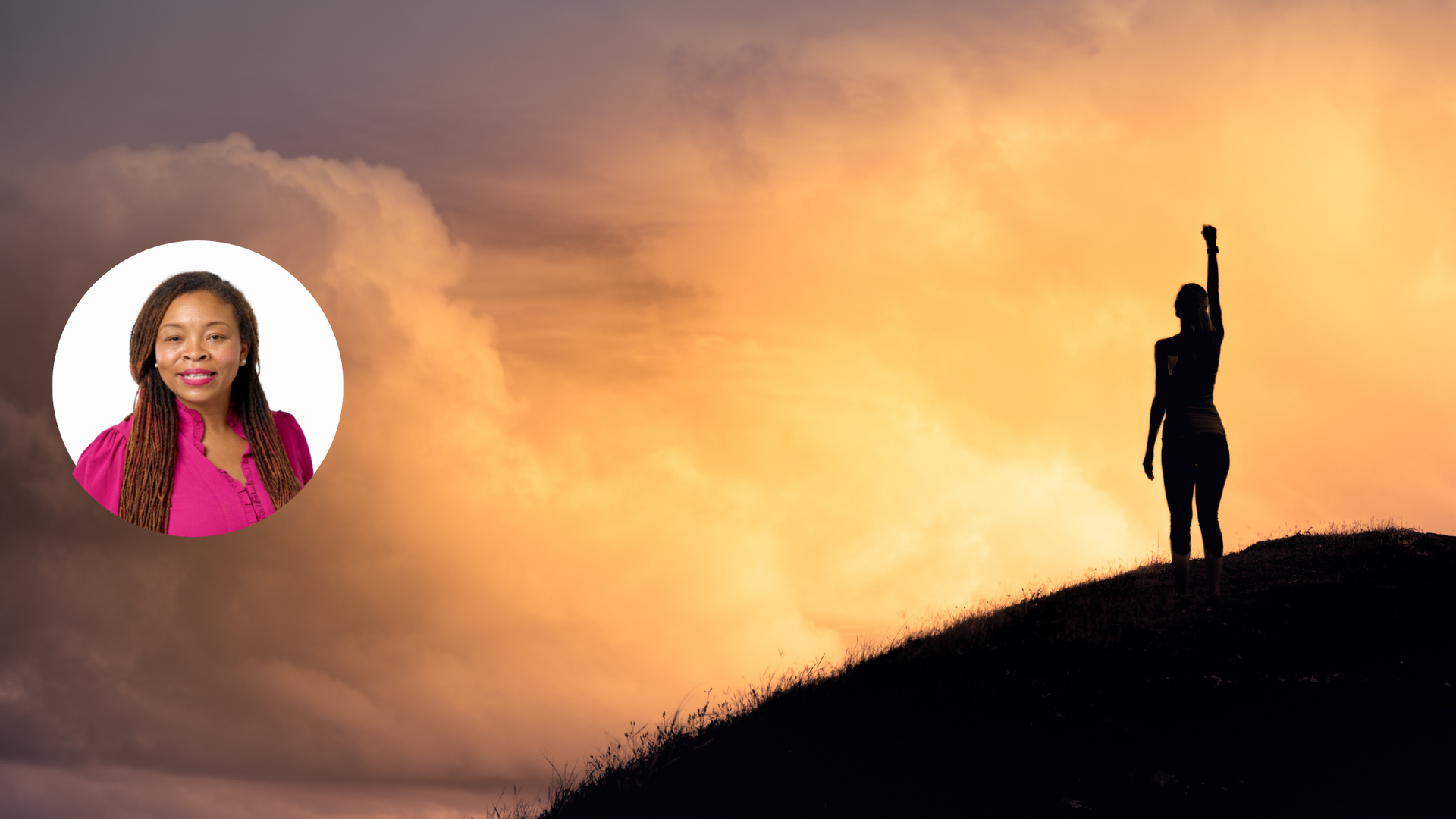Cultivating Growth and Cultural Competence
Travis C. on Counseling Diverse Populations
In a candid and thought-provoking conversation, I had the opportunity to sit down with Travis C., a student in a Master’s program in Clinical Mental Health Counseling. Travis shared his reflections on one of the most impactful courses in his program: Counseling Diverse Populations. His insights shed light on the importance of cultural humility, curiosity, and vulnerability—qualities that are crucial not only in the classroom but also in professional counseling practice.
Challenging Preconceptions: Shifting Perspectives in the Classroom
At the start of the course, Travis admitted to approaching Counseling Diverse Populations with skepticism. “I thought it would be full of rhetoric and not practical,” he confessed. For many students, diversity courses can feel abstract, rooted in theories that fail to translate into real-world applications. However, Travis’s experience quickly dismantled this preconception.
“It wasn’t prescriptive,” he shared. “It challenged my ideas about diversity and made me look deeper into my own preconceptions.”
This experience of self-reflection is a cornerstone of the class. Counseling professionals cannot offer effective care without first examining their own biases, privileges, and blind spots. Travis found himself questioning deeply held beliefs, pushing past discomfort to engage more fully with the material.
While he appreciated the racial diversity within his class, he acknowledged there was still room for broader representation in other areas, such as gender identity, religion, and socioeconomic backgrounds. Despite this, the open nature of discussions helped him grow personally and professionally.
Navigating the Complexity of Diverse Dynamics
Being a male student in a predominantly female class presented Travis with a unique perspective. “It was an interesting experience being a minority, especially as a male with more conservative beliefs,” he explained. While he appreciated the respectful environment, he sometimes hesitated to share for fear of being perceived as overly contrary.
This hesitation speaks to the delicate balance of fostering authentic dialogue in classroom discussions. Yet, as Travis and I reflected, it’s precisely this tension that makes these spaces so vital. Creating an environment where every voice is heard—no matter how different—requires both humility and curiosity.
One exercise in particular left a profound impact on Travis: the privilege exercise. Students were asked to divide into groups based on various identities and experiences. “It was eye-opening,” Travis said, describing the discomfort he and his classmates felt. While some students struggled with these moments of vulnerability, Travis recognized the value of discomfort.
“Discomfort doesn’t mean a lack of safety. Growth often requires us to step into the uncomfortable.”
This acknowledgment of discomfort as a necessary catalyst for growth highlights a key lesson for counselors: being able to “sit with” discomfort is essential for working with diverse clients. As counselors-in-training learn to challenge their own comfort zones, they also develop the capacity to hold space for clients who may be grappling with their own experiences of identity, privilege, and marginalization.
Preparing to Work with Diverse Clients: Accessibility and “Bracketing”
Travis reflected on how the class prepared him to counsel individuals from vastly different backgrounds. He highlighted the importance of creating a safe, accessible, and nonjudgmental environment for clients:
“If I were counseling a Black trans woman who practices Wicca—a belief system very different from my own—I would set aside my personal beliefs to better understand her experiences.”
This concept—often referred to as bracketing—is essential for cultural humility in counseling practice. Bracketing requires counselors to temporarily set aside their personal values and beliefs so they can focus fully on the client’s worldview. Travis’s commitment to this practice demonstrates his growth as a counselor and his recognition of the importance of culturally competent care.
Encouraging Vulnerability and Connection
One of the most powerful moments Travis experienced in the class came from embracing vulnerability. He recalled a time when he shared a perspective that made him feel nervous, unsure how it would be received.
“It taught me that being willing to share—even when it’s scary—can lead to growth for everyone.”
This kind of vulnerability is not easy to foster in classroom settings, but it is essential. Travis encouraged educators to pay attention to classroom dynamics and help students feel seen and heard, particularly those who might hold back. “It’s important to notice dynamics and facial expressions. Sometimes people hold back, and it’s worth stepping in to help them feel heard.”
His professor’s approach to challenging yet respectful discussions was particularly impactful. By openly acknowledging the potential for triggering content and encouraging dialogue, the professor created a safer space for everyone. “The professor acknowledged that some topics might offend someone and encouraged us to speak up if needed. That made me feel safer and more comfortable sharing,” Travis said.
The Importance of Self-Worth and Personal Development
Beyond the classroom discussions and exercises, Travis’s reflections touched on a broader theme central to counseling work: the inherent worth and value of every individual.
“Everyone matters and has value—regardless of what they’ve done or where they come from.”
For counseling students, this belief forms the foundation of their professional identity. By engaging in experiential learning—exercises, discussions, and reflective practices—students develop the skills they need to embody this philosophy in their work.
Personal development, Travis emphasized, is key: “To help others grow, you first have to grow yourself.”
Final Reflections: Growth Through Discomfort and Connection
Our conversation underscored the transformative power of courses like Counseling Diverse Populations. Travis’s journey is a testament to the importance of humility, curiosity, and connection in both learning and professional practice. By challenging his preconceptions, engaging in meaningful discussions, and stepping into discomfort, Travis has cultivated the tools necessary to become a culturally competent and empathetic counselor.
His story reminds us that growth often emerges from discomfort. In both classroom settings and professional practice, creating safe spaces for vulnerability, reflection, and connection is critical. Counselors must learn to listen, understand, and advocate for clients while honoring every individual’s unique experiences and value.
As future counselors like Travis navigate the complexities of identity, privilege, and intersectionality, they gain the skills needed to make a meaningful impact in the lives of others—helping clients feel seen, heard, and valued in a world that often struggles to do so.
This conversation serves as a powerful reminder of what’s possible when education prioritizes humility, growth, and human connection—values that will shape the next generation of compassionate, competent counseling professionals.
May you be well!
PS [I want to take an extra moment here to thank Travis for his openness and vulnerability and his agreeing to be interviewed. I am exceptionally excited about Travis' future as a counselor. Keep your eye on him - he is going to be out there making a difference.]











